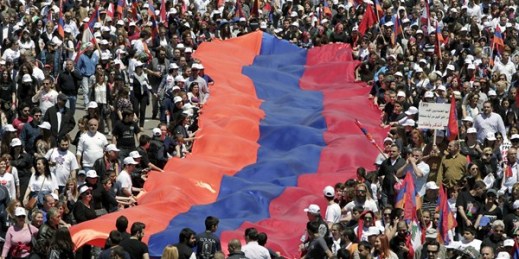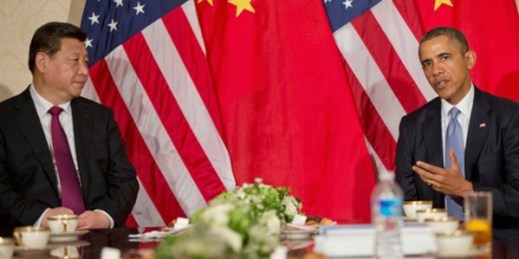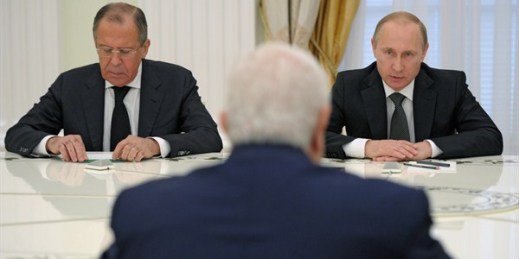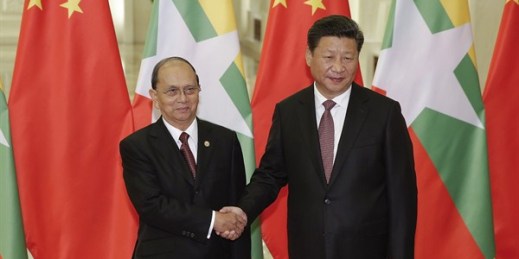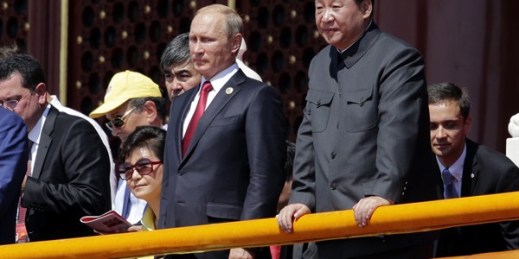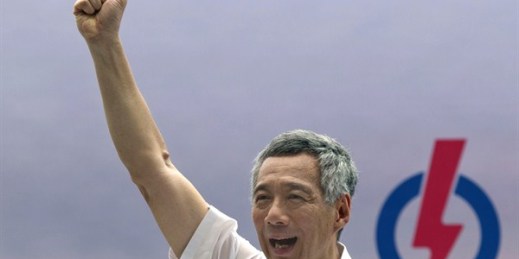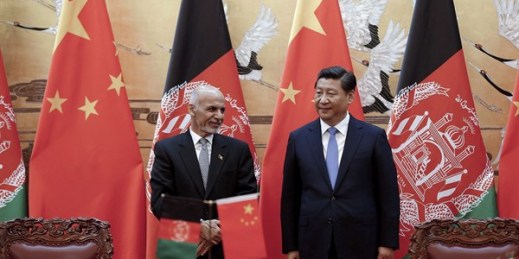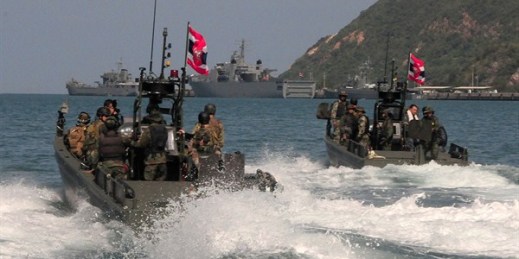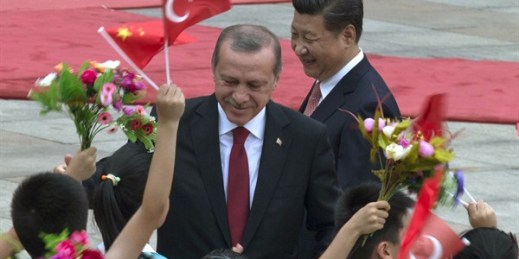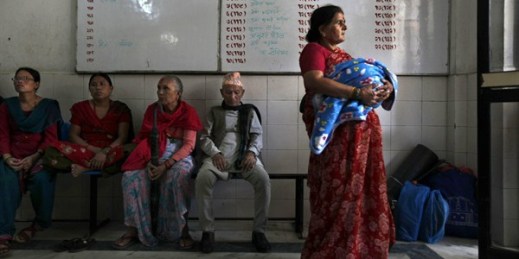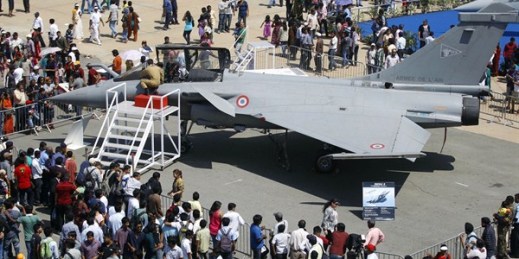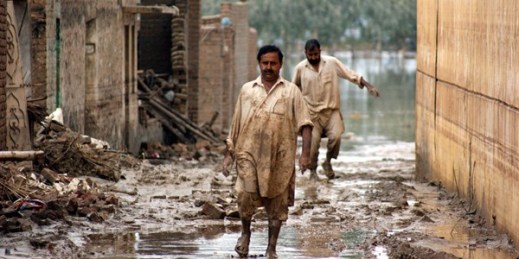
This past summer, as if on cue, seasonal floods across Pakistan killed more than 67 people and displaced thousands. For the past five years, Pakistan has experienced unusually severe monsoon rains in the summer. In 2010, flash and riverine floods destroyed 1.6 million homes, killed 2,000 people and displaced approximately 20 million. While flooding grabs the headlines, extreme heat actually has a greater impact on long-term population dynamics in Pakistan. A recent Nature study found that flooding has “modest to insignificant impacts” on long-term migration, while heat stress “consistently” increases long-term migration levels. The study combined data from a 21-year […]

